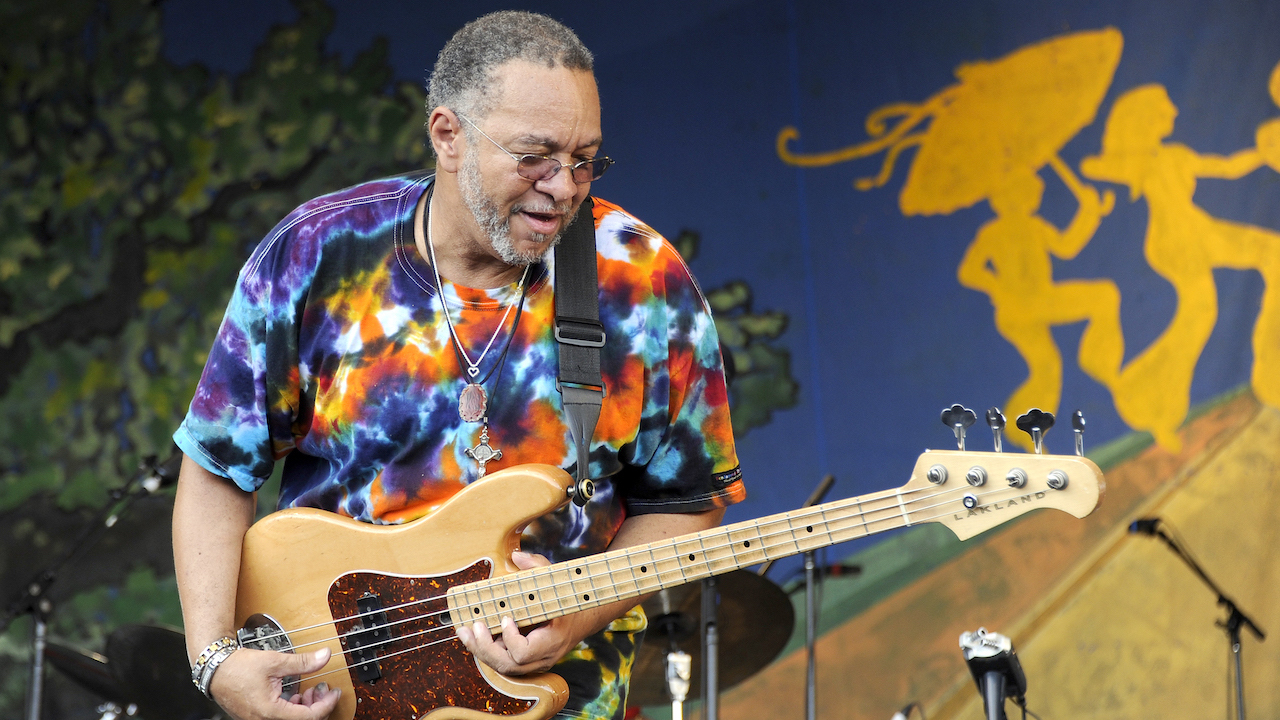George Porter Jr. epitomises New Orleans funk . Just as Donald ‘Duck’ Dunn embodies Memphis R&B, or James Jamerson defines Detroit's Motown sound, Porter's playing is so intrinsic to a particular musical vernacular, it's impossible to imagine it originating anywhere else.
Porter's style is also inseparably linked to his work with the Meters, perhaps New Orleans' most influential musical act since Louis Armstrong. Porter wove his broad seamlessly into Drummer Joseph ‘Zigaboo’ Modeliste's deep-fried pockets, resulting in a distinctly down-home approach to funk that's diametrically different from the backbeat-driven styles of James Brown, Sly & the Family Stone, and P-Funk, which Porter claims didn't influence him at all. “I grew up listening to mostly regional music, which was on the radio more than outside stuff,” Porter told .

“I heard jazz, Fats Domino, Earl King, and, during Mardi Gras, Professor Longhair.” Porter began playing piano, gravitated to guitar, and in 1965 got a call from a local star, singer/keyboardist Art Neville. “Art depended on the guitar player to play solos, and I couldn't solo.
About a year later, he saw me playing bass with Irving Banister, and Art said, 'That's the instrument you should be playing. Do you want a gig?' That was the beginning of the Meters.” Guitarist Leo Nocentelli was already in the fold, and when Modeliste (who is Porter's cousin) joined on drums, a magical chemistry developed.
The Meters honed their sound in the .























